10 Simple Baking Soda Tricks Every Gardener Should Know
Growing your own food does not require a big backyard or fancy equipment. Buckets can be turned into small but productive gardens that fit on patios, balconies, or sunny corners. You can enjoy fresh harvests without worrying about space. With the right choices, you can keep food growing no matter the season.
This post may contain affiliate links, which helps keep this content free. Please read our disclosure for more info.
Natural Fungus Control
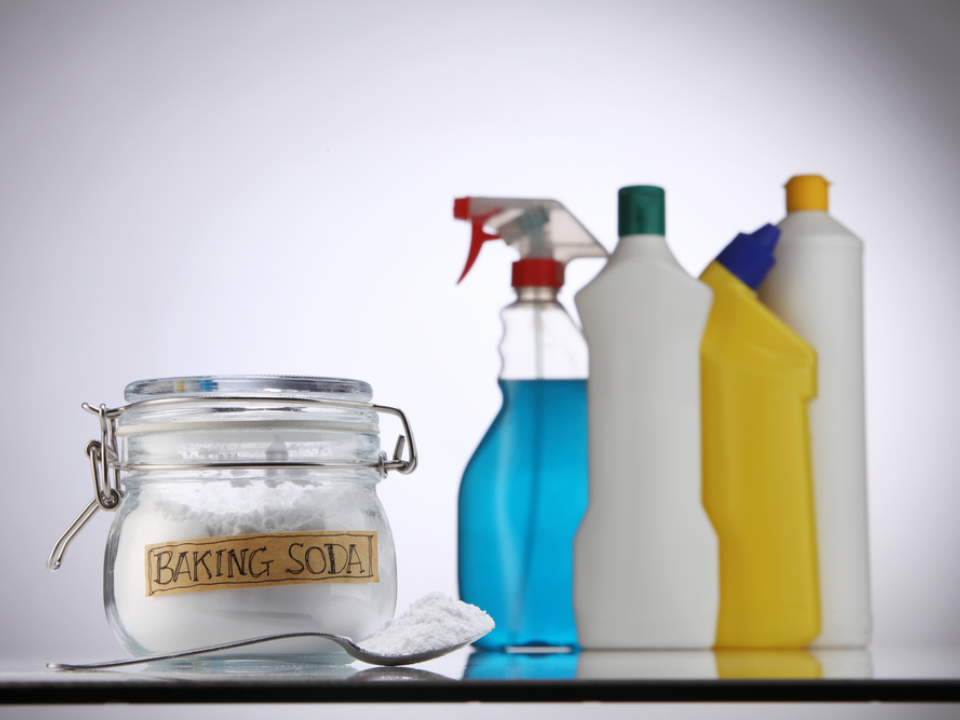
Baking soda can help reduce fungal problems that often show up on leaves. A light spray made with water and baking soda works best when applied to plants showing early signs of powdery mildew. The mixture changes the surface environment, making it harder for fungi to spread. Many gardeners use this as a safe first step before turning to stronger treatments.
When spraying, it is important to use a diluted mix so leaves are not harmed. One teaspoon of baking soda in a quart of water is usually enough. Apply it once a week during humid weather, which often encourages fungal growth. This method is simple, inexpensive, and widely trusted among home gardeners.
Freshening Compost Piles
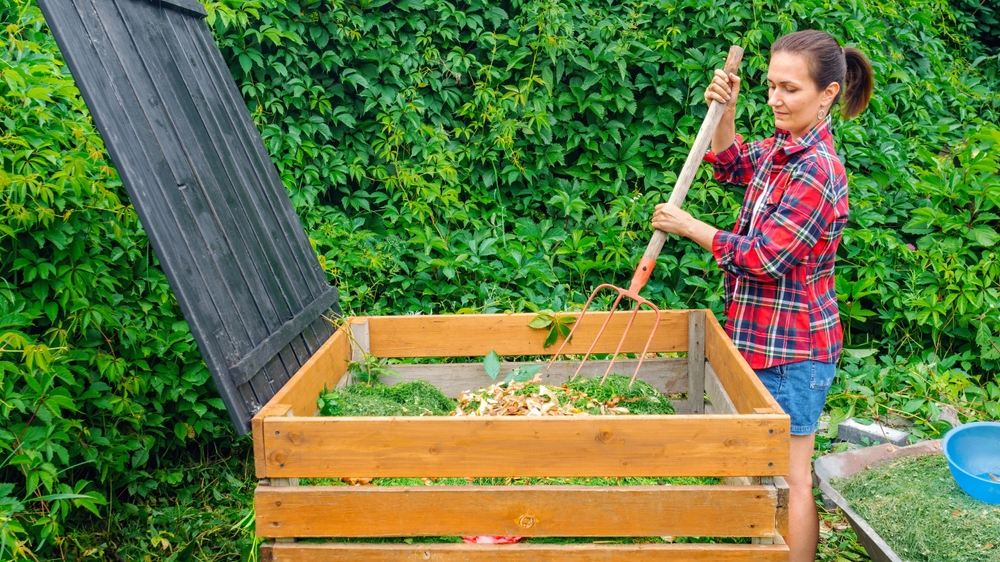
Compost piles can sometimes develop unpleasant odors. Baking soda helps balance acidity and reduces strong smells without harming the composting process. Just a light sprinkle on the pile every few days is usually enough. This keeps the pile more comfortable to work around while it breaks down organic material.
Since baking soda is gentle, it will not kill the beneficial microbes that help compost work properly. It simply prevents the pile from turning too acidic. Gardeners who use kitchen scraps in compost often find this tip especially useful. Keeping odors under control makes composting much easier to manage.
Cleaning Garden Tools
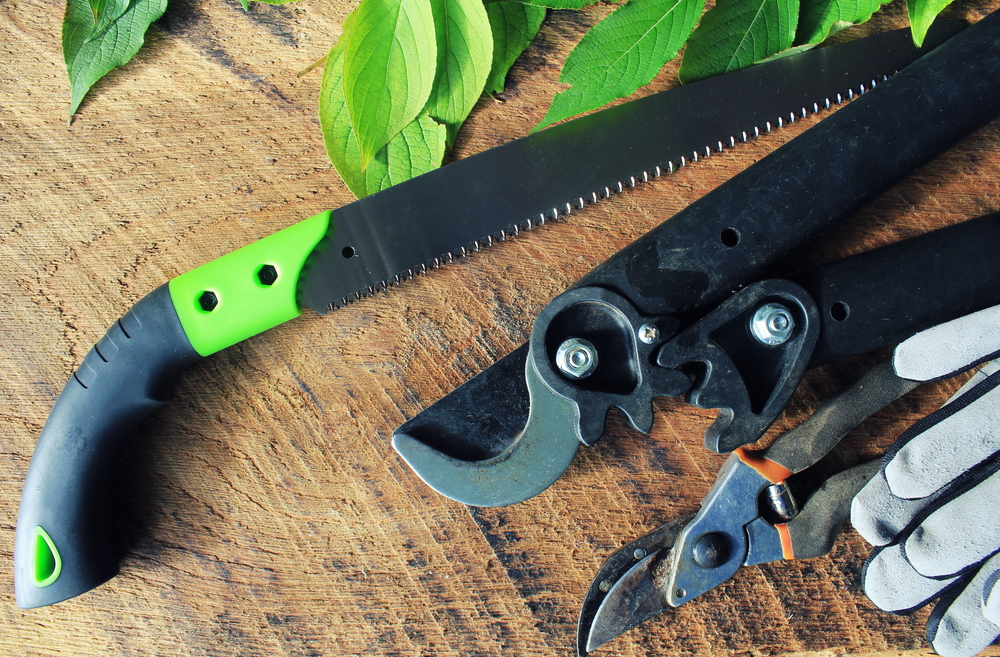
Baking soda is a safe way to scrub dirt and sap from garden tools. Mixing it with a little water creates a paste that lifts off grime without damaging metal surfaces. This helps extend the life of tools like trowels, shears, and spades. Clean tools also work more effectively and prevent the spread of plant disease.
To clean, simply coat the tool with the paste and scrub with a brush. Rinse well and dry to avoid rust. Some gardeners finish with a light coat of oil for added protection. Using baking soda regularly keeps tools in good condition through the season.
Controlling Weeds in Cracks
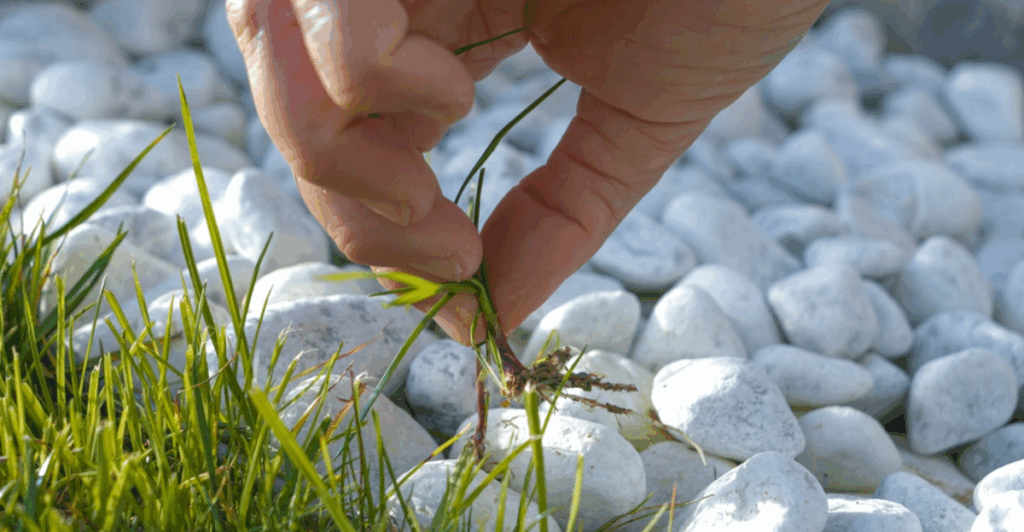
Weeds often pop up between patio stones or driveway cracks. A quick sprinkle of baking soda directly into the cracks can slow down growth. The sodium content makes the space less welcoming for weeds to return. This works best in dry conditions where the powder can stay in place.
It is a simple way to deal with small weed patches without using harsh chemicals. However, it should not be used directly in flower beds since it can affect nearby plants. Many gardeners use it for walkways, garden paths, or brick patios. It offers a low-cost solution for keeping hard surfaces neat.
Keeping Ants Away
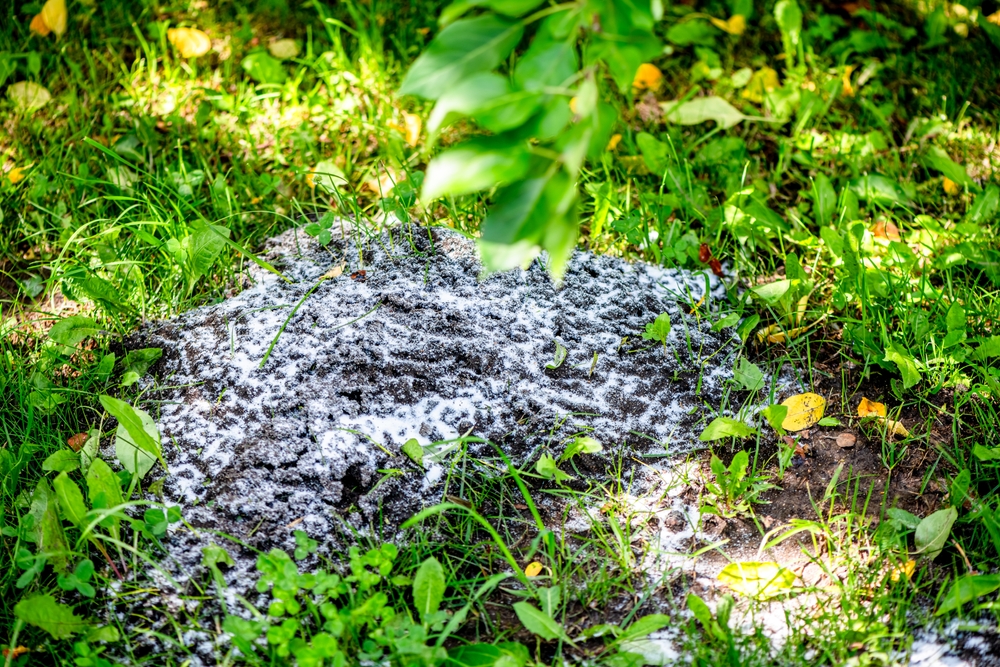
Baking soda can be used as part of a natural mix to discourage ants from nesting in the garden. When combined with sugar and placed near ant trails, it attracts and disrupts the colony. This method is often used where ants have become a problem around plants or compost bins. It reduces ant activity without the need for sprays.
Gardeners should place small amounts near the ant paths but away from pets. Over time, fewer ants will appear, making it easier to work in those areas. It is not an instant fix but it provides steady results. Many prefer this gentle approach compared to stronger insecticides.
Freshening Garden Furniture
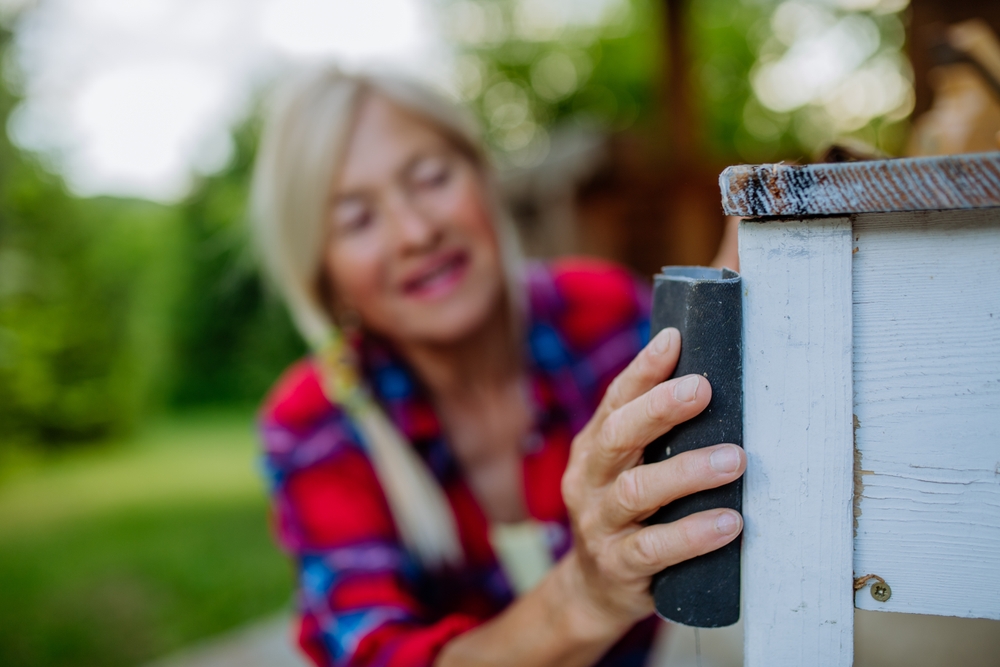
Outdoor furniture often collects dirt and stains from weather exposure. Baking soda works as a mild cleaner that can be used on plastic, wood, and even metal surfaces. A paste made with water helps lift grime without scratching. This makes it a handy cleaner for tables, chairs, and garden benches.
After scrubbing, rinse well with a hose to wash away any residue. For tougher stains, leaving the paste on for a few minutes can improve results. Gardeners often use this method before summer gatherings to refresh outdoor spaces. It saves money compared to buying specialized cleaners.
Deodorizing Compost Buckets
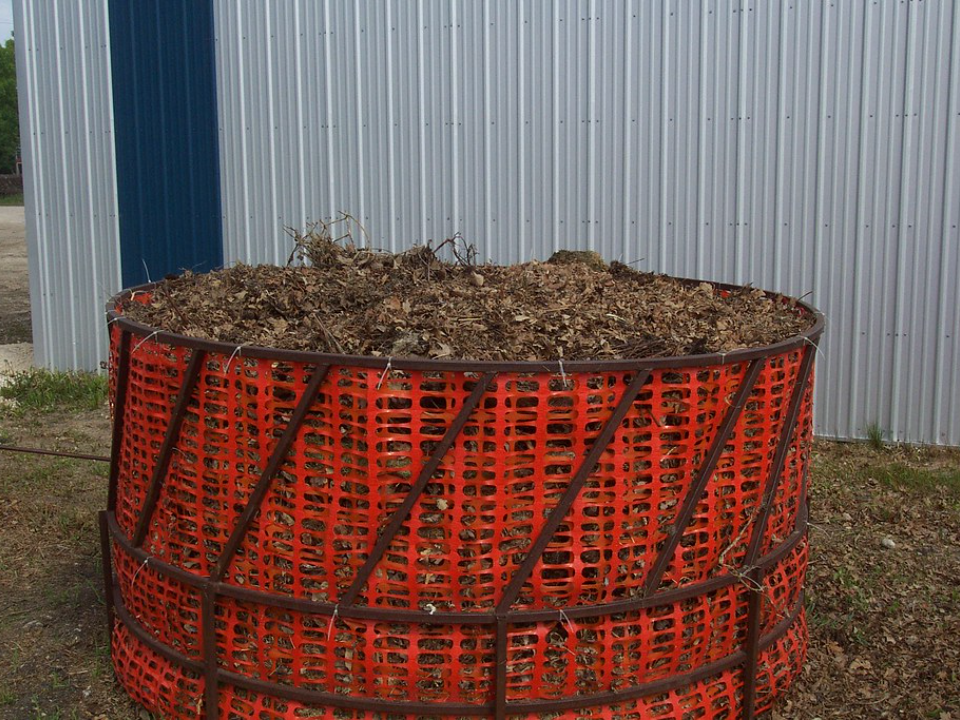
Indoor compost bins often collect strong smells before scraps reach the outdoor pile. Sprinkling baking soda into the bucket helps absorb odors. It works well with vegetable peels, coffee grounds, and food waste. The bin stays fresher, making composting inside more pleasant.
Since baking soda is safe and non-toxic, it will not affect the compost later. A small amount every few days is enough to keep smells under control. Many gardeners keep a small box nearby for easy use. It is a simple habit that makes composting more manageable.
Freshening Bird Baths
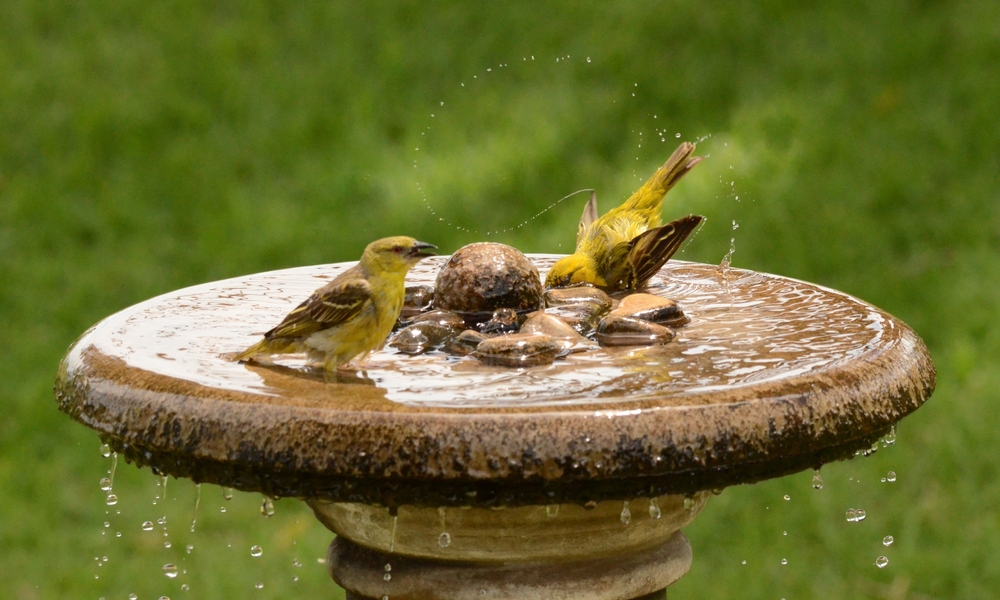
Bird baths can sometimes grow algae or develop odors. Adding a small pinch of baking soda keeps the water fresh for longer. It slows down algae growth and helps the water stay clear. This makes the bath more inviting for birds and easier to clean.
Care must be taken not to add too much, since high levels can harm birds. A tiny amount once in a while is enough. Rinsing the bath regularly is still important. Baking soda just makes upkeep easier between cleanings.
Cleaning Plant Pots
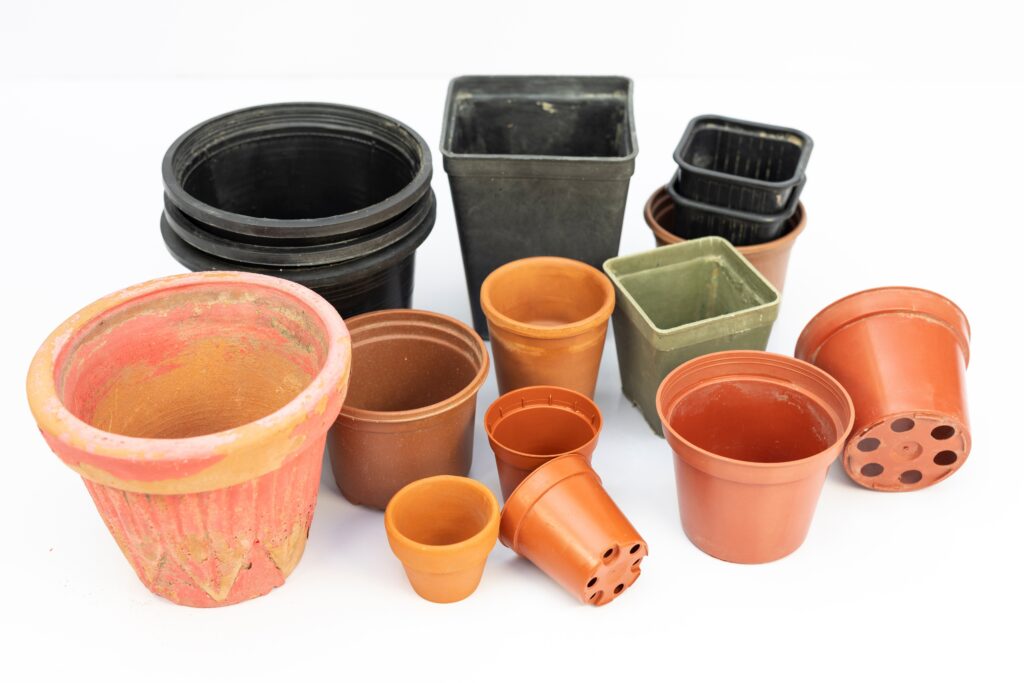
Old clay and plastic pots can develop stains and buildup over time. Baking soda mixed with water makes an effective scrub for removing residue. This not only improves their look but also helps prepare them for new plantings. Clean pots reduce the risk of carrying over plant diseases.
Scrub the pots well, rinse, and let them dry in the sun. Sunlight adds an extra layer of sanitation. Gardeners often clean pots before reusing them each season. This keeps new plants healthier right from the start.
Refreshing Garden Paths
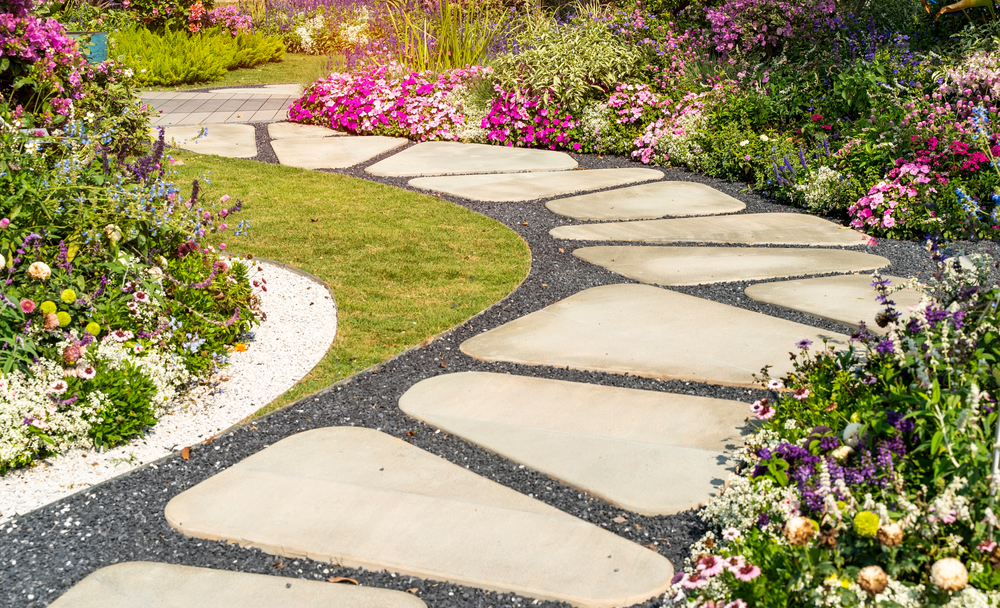
Paths made of stone or concrete often develop dirt and moss. Baking soda can be sprinkled across the surface to reduce growth. When rinsed with water, it helps lift off surface grime. The paths look cleaner and are less slippery to walk on.
This method works especially well in shaded areas where moss thrives. A yearly cleaning with baking soda keeps paths in better condition. It is inexpensive compared to store-bought cleaners. Gardeners appreciate how easy it is to keep pathways neat.
This article originally appeared on Avocadu.
